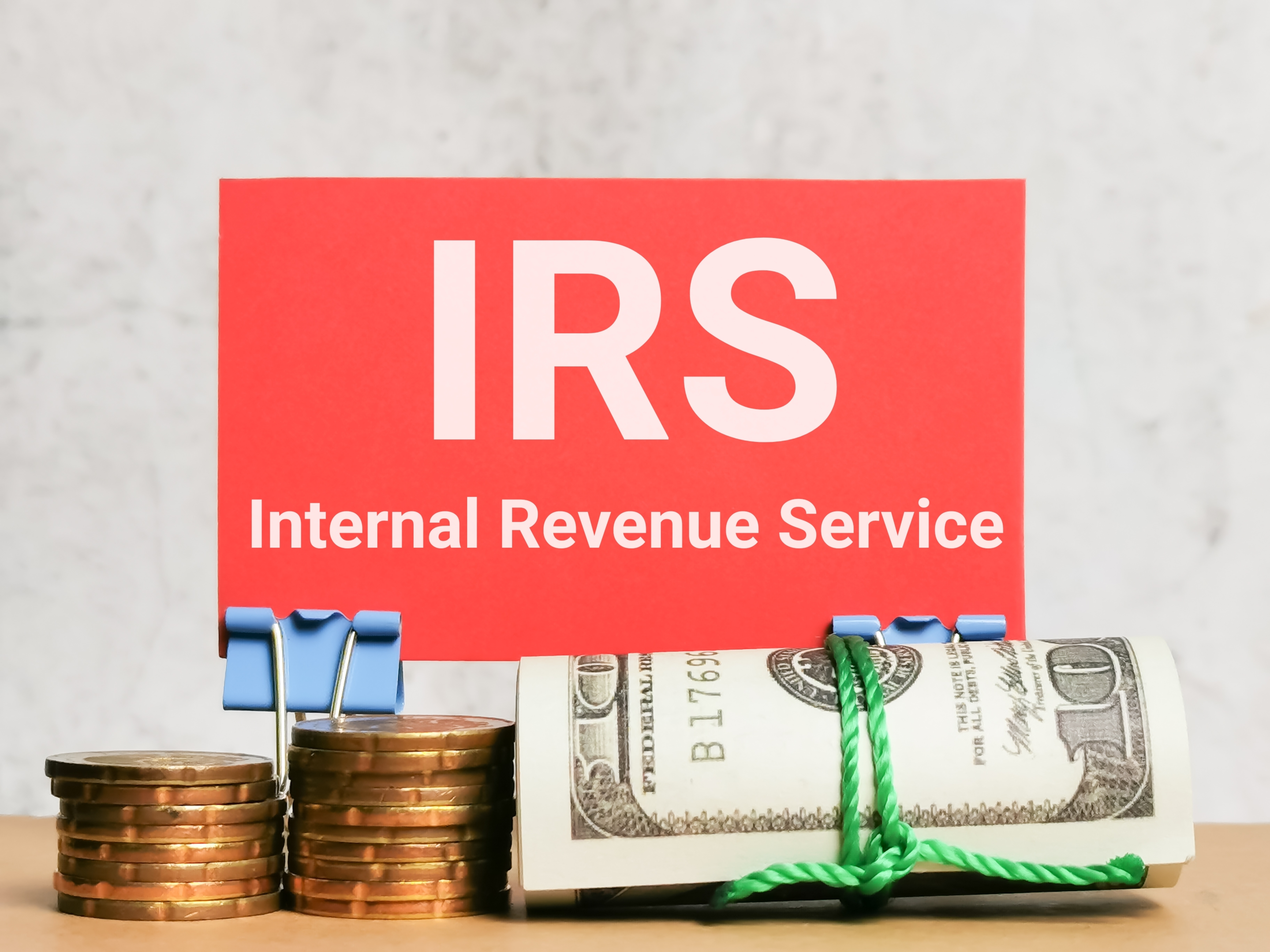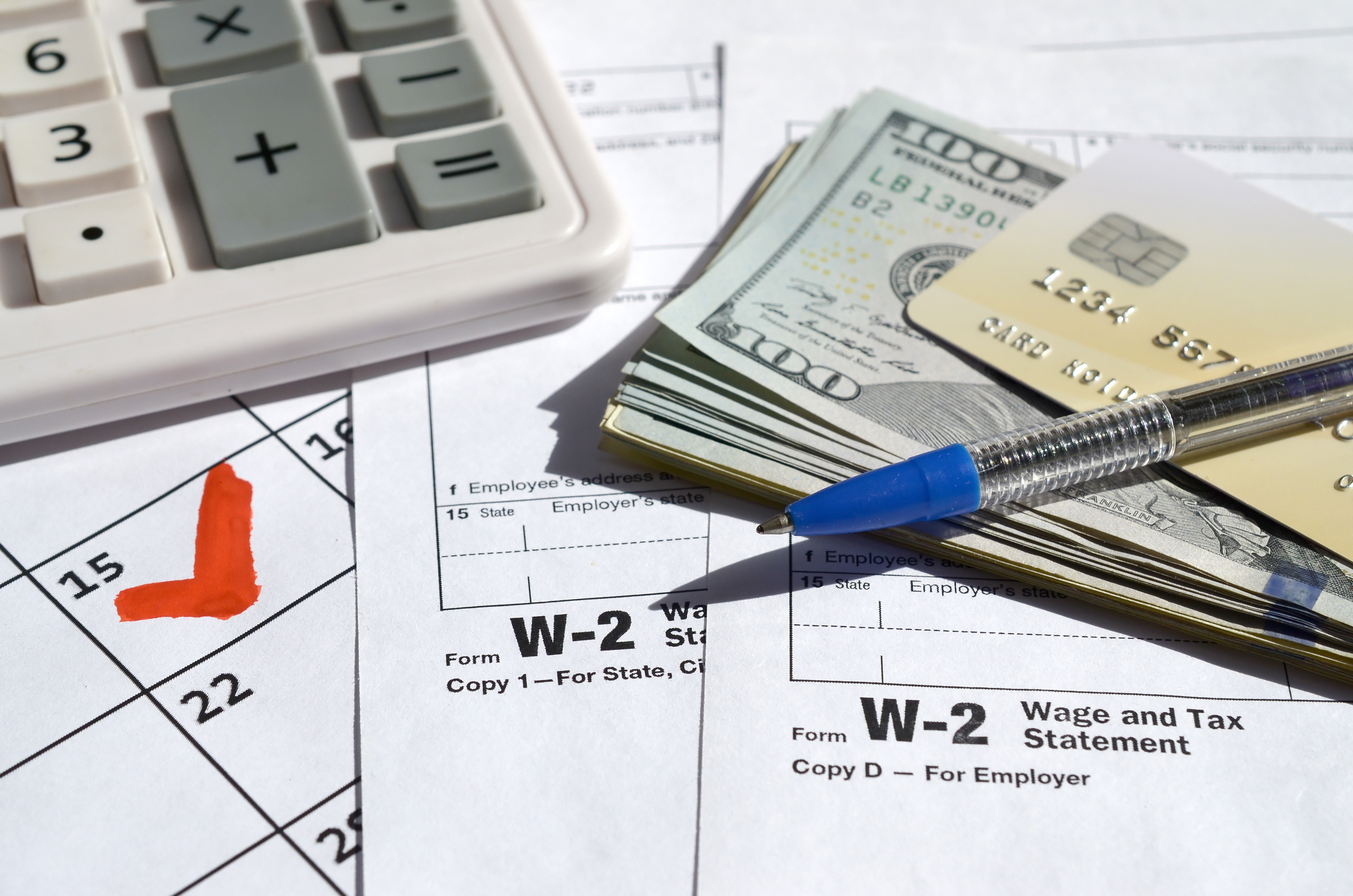Did you know that the IRS can garnish your wages if you owe them money? This means they can take a percentage of your paychecks to recover any unpaid income taxes or other debts.
If you owe taxes, it’s one of the ways they can collect from you, and it can be a pretty powerful tool.
Did you know that the IRS can garnish your wages if you owe them money? This means they can take a percentage of your paychecks to recover any unpaid income taxes or other debts.
If you owe taxes, it’s one of the ways they can collect from you, and it can be a pretty powerful tool.
If you’re a taxpayer in California who owes the IRS money, you may be worried about what will happen if you don’t pay up. The good news is that the IRS usually takes a number of steps before they resort to wage garnishment. But what are wage garnishments, and how do they work?

Wage Garnishment for Tax Debt
Wage garnishment, or wage levy, is a tool used by debt collectors to collect unpaid debts. But who can garnish wages without notice? Turns out any creditor, along with the IRS, can suck out some of your take-home pay every paycheck.
In order to collect from you, most creditors must first get a court order. Not the IRS, though.
The IRS does not need to wait for a court to garnish your wages.
This process is done without any input from you, and it can have a major impact on your financial stability if your wage garnishment takes up too much of your hard-earned income.
While wage garnishment is usually associated with child support payments, other types of wage garnishment are available as well – like tax debt.
Will the IRS send you a notice before wage garnishment?
With wage garnishment, the IRS will contact your employer through a series of notice letters before they begin to garnish your wages.
These notices are called collections notice streams (usually 5 IRS notifications), and offer several opportunities over many months for your tax payment or a settlement with the IRS.

No matter the type of debt that is being collected, wage garnishments can cause serious financial hardship. It’s important to understand how IRS garnishment works and how it can affect you so that you’re not caught off guard should the IRS try to take money out of your paychecks.
What is the most someone can garnish your wages?
Luckily the IRS won’t take your entire paycheck. Law provides that 50% of a worker’s disposable income can be garnished unless the worker supports a spouse or child unless the worker supports them.
With good planning and understanding, wage garnishment doesn’t have to blindside you when it comes time for bills to be collected upon. Additionally seeking advice from reputable sources such as lawyers, financial advisers, or credit counselors might also provide additional steps for recovery after any wage garnishments are taken against you and help get back on track with sustaining steady financial flows moving forward.
The only way of managing unexpected wage garnishment is by making sure you remain financially aware throughout all periods in life – especially regarding paying off any debts owed – thereby avoiding potential risks or expenses incurred with repayment through wage deductions!

Your employer will usually receive a notice from the court or creditor before your wages are garnished
Wages garnishment is a process that allows creditors to collect owed debts by taking a portion of an individual’s paycheck.
Generally, the employer will be notified by the court or creditor before your wages are garnished so that they can make the necessary deductions.
This garnishment notice contains detailed information about the IRS garnishment, including when it should begin and how much of each individual paycheck should be garnished to keep the debt current.
Employers must then continue to withhold this amount from each paycheck until either the
They must then continue to garnish wages from each paycheck until either the garnishments expire or until you receive notification from either the courts or creditors indicating that payment has been made in full.
Negotiate a payment plan instead of having your Wages garnished
If you are facing financial hardship and your wages are being garnished, then it may be possible to negotiate a payment agreement with the IRS. While this may seem intimidating, it is often in everyone’s best interest for you to devise a payment plan rather than having a portion of your wages taken away.
If negotiating with the IRS on your own seems too difficult, you could consider enlisting the help of professionals who can serve as an intermediary between you and the IRS.
Once you’ve come to an understanding with the IRS and payment terms have been locked in place, then you can work together towards repayment.
Remember that negotiating a payment plan is always worth attempting before having your wages garnished – doing so could put some much-needed relief back in your pocket!
How Do I get my levy released?
It’s best to contact tax specialists who understand federal and state tax laws, as they will know how to negotiate with the IRS.
Depending on your particular situation, there are many different strategies you can use to receive an IRS levy release.
Options include researching whether you’re eligible to claim harm resulting from your levy, establishing a payment plan with the IRS, or proving that the levy is unnecessary.
To get quick, long-lasting results contact a tax professional and take advantage of their knowledge and expertise in levy release.
Seek Professional Help
Wage garnishment is a serious issue – yet all too common – for those dealing with tax debt. It can feel overwhelming, but it’s important to remember that professional advice is within reach. One of the best places to start is by speaking to tax professionals who can help you understand your options and create an action plan.
It is crucial to act quickly in this situation, as wage garnishment orders have a short timeline. From there, tax professionals can help develop ways to reduce or renegotiate tax debt, and may suggest strategies such as an installment agreement for any tax liability.

With their assistance, IRS wage garnishment no longer needs to be a source of stress. Instead, it can be an opportunity to take back financial freedom and get your finances in check once again.
So, if you’re staring down the barrel of a wage garnishment, don’t panic. There are steps you can take to try and avoid it or lessen the impact it will have on your finances.
And if all else fails, there are professionals who can help guide you through what can be a difficult process.
If the IRS is garnishing your wages, contact us! We would be happy to chat with you about your unique situation and see how we might be able to help if you owe money to the Internal Revenue Service.
Recent Blogs
California Franchise Tax Board Penalties
By admin
Can you Negotiate Back Taxes with the IRS?
By Elite Tax Resolutions

What is Injured Spouse Relief?
By Elite Tax Resolutions
 (800) 737-9217
(800) 737-9217